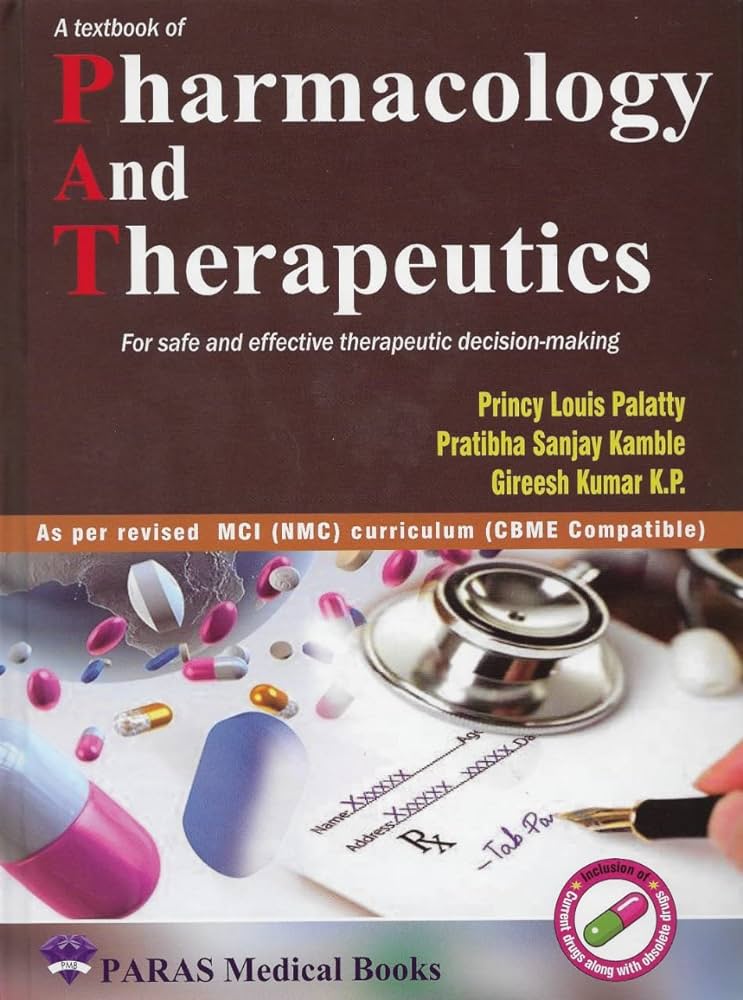赖氨酸乙酰化在代谢感知和蛋白质静止中的作用。
IF 12.5
1区 医学
Q1 PHARMACOLOGY & PHARMACY
引用次数: 0
摘要
赖氨酸残基的翻译后乙酰化是一种动态可逆的修饰,在调节蛋白质结构、功能和相互作用中起着关键作用。这种修饰是由中心代谢物乙酰辅酶a介导的,并受到赖氨酸乙酰转移酶(KATs)和赖氨酸去乙酰化酶(kdac)的相反作用的严格控制,包括NAD+依赖性sirtuins。作为一种营养感应翻译后修饰(PTM),乙酰化对于维持细胞内稳态至关重要,特别是通过调节蛋白质稳态和代谢灵活性——细胞在能量需求和营养可用性波动时重新连接代谢途径的能力。乙酰化的失调与代谢紊乱、神经退行性疾病和癌症的发病机制有关。新出现的证据表明,用小分子抑制剂或激活剂靶向乙酰化调节酶有望阐明乙酰化在代谢传感和蛋白质稳态(也称为蛋白质稳态)中的作用。本文综述了乙酰化在不同代谢状态下的调控,其对代谢适应性的影响,以及其与蛋白质平衡机制的复杂相互作用。此外,它还强调了位点特异性乙酰化动力学和sirtuin生物学对代谢调节的作用,为代谢紊乱及其进展的机制提供了关键见解。了解乙酰化依赖性代谢感知的调控机制可以促进精确治疗的发展,以恢复代谢稳态。本文章由计算机程序翻译,如有差异,请以英文原文为准。
The role of lysine acetylation in metabolic sensing and proteostasis
Post-translational acetylation of lysine residues is a dynamic and reversible modification that plays a pivotal role in regulating protein structure, function, and interactions. This modification is mediated by central metabolite acetyl-CoA and is tightly controlled by the opposing actions of lysine acetyltransferases (KATs) and lysine deacetylases (KDACs), including the NAD+-dependent sirtuins. As a nutrient-sensing post-translational modification (PTM), acetylation is essential for maintaining cellular homeostasis, particularly by modulating proteostasis and metabolic flexibility—the ability of cells to rewire metabolic pathways in response to fluctuating energy demands and nutrient availability.
Dysregulation of acetylation has been implicated in the pathogenesis of metabolic disorders, neurodegenerative diseases, and cancer. Emerging evidence suggests that targeting acetylation-regulating enzymes with small-molecule inhibitors or activators hold promise for elucidating the role of acetylation in metabolic sensing and protein homeostasis. This review examines the regulation of acetylation across various metabolic states, its impact on metabolic adaptability, and its intricate interplay with proteostasis mechanisms. Additionally, it highlights the role of site-specific acetylation dynamics and sirtuin biology shaping metabolic regulation, providing key insights into the mechanisms underlying metabolic disorders and their progression. Understanding the regulatory mechanisms governing acetylation-dependent metabolic sensing could facilitate the development of precision therapeutics to restore metabolic homeostasis.
求助全文
通过发布文献求助,成功后即可免费获取论文全文。
去求助
来源期刊
CiteScore
23.00
自引率
0.70%
发文量
222
审稿时长
90 days
期刊介绍:
Pharmacology & Therapeutics, in its 20th year, delivers lucid, critical, and authoritative reviews on current pharmacological topics.Articles, commissioned by the editor, follow specific author instructions.This journal maintains its scientific excellence and ranks among the top 10 most cited journals in pharmacology.

 求助内容:
求助内容: 应助结果提醒方式:
应助结果提醒方式:


